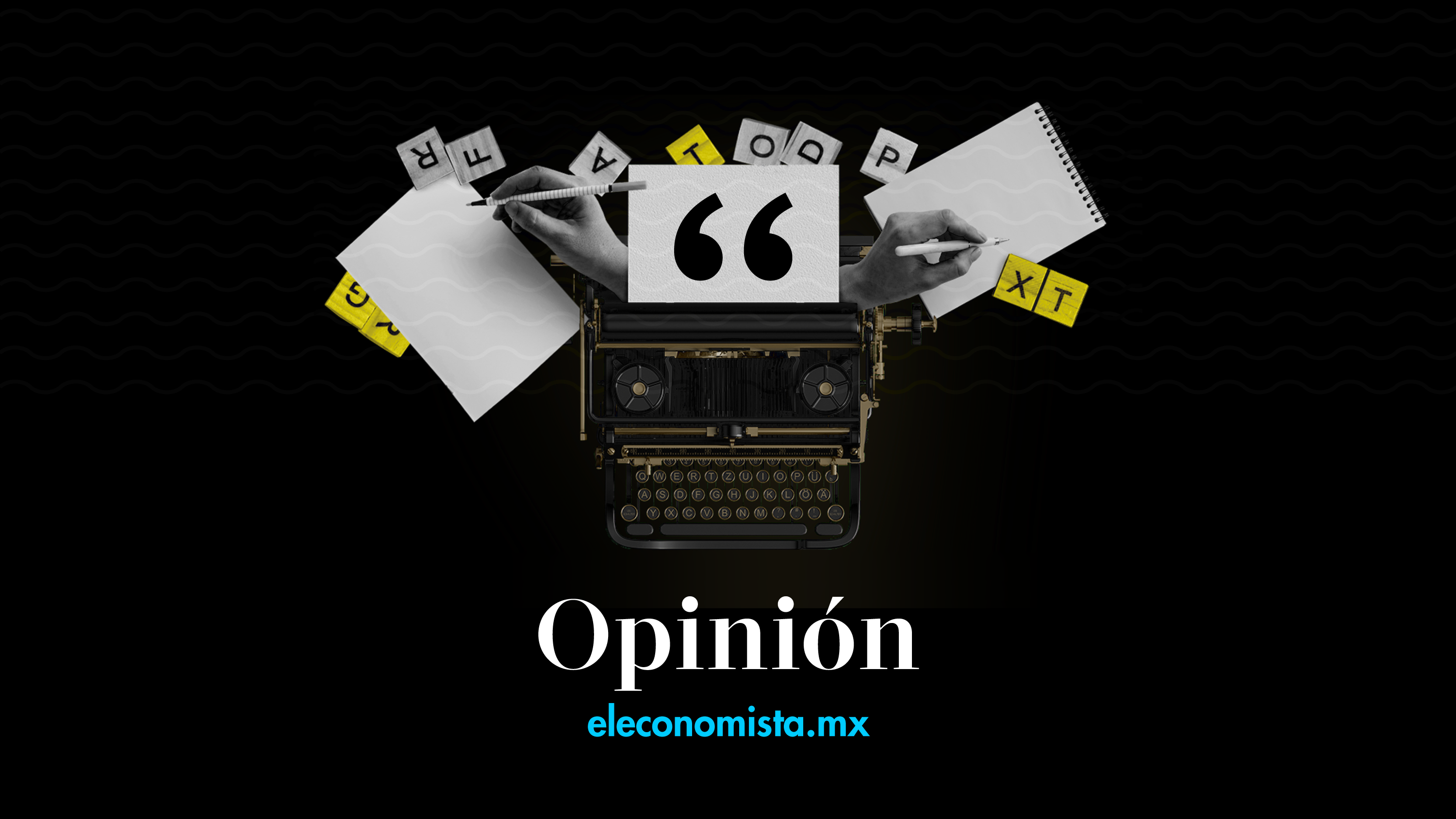avocado | The Economist

A Mexican producer rightly called “green gold”, it was expected in 2022 that about 140 thousand tons would be exported to the United States. However, this virtuous trade route with enormous economic benefits has unfortunately been bogged down by organized crime and possibly foreign interests.
It is a fact that, due to the significant economic impact of the marketing of this product, the interest of groups such as the Jalisco New Generation Cartel and Knights Templar, has always been to the point of implementing a fixed fee for those involved in the production process. More recently, the event that triggered the US Animal and Plant Health Inspection Service’s decision to temporarily suspend imports of Michoacan avocados was a sign of the ever-present danger of spreading criminal groups with impunity. Remarkably, however, an event that should have been the subject of a ministerial and police investigation led to economic sanctions. Since the mandate comes from an authority whose nature is to supervise phytosanitary, the argument is strengthened that the measure may have deeper intentions than protecting agricultural inspectors.
The preceding in this sense is not brief. Suffice it to recall the threats made months ago by President Donald Trump to create progressive schemes in taxation of Mexican exports. The above found a motive in the migration crisis rather than relying solely on business situations. In the current scenario, you can also find a list of reasons why the United States will implement this restriction that seriously damages our economy.
We undoubtedly have a meaningless opposition that, despite the signs of diplomacy, is an issue that disrupts bilateral relations with bleeding scratches. A possible constitutional reform in electrical matters has soured morale among a large number of North American members of Congress, who have tremendous influence in the decisive actions this government can take. If this is a pressure gauge, it will surely be followed by others on strategic products.
But beyond American strategies to preserve their interests, there is the harsh reality facing the Michoacan countryside. The schemes of real extortion burden the direct producers, who go, at best, between 50 and 100 thousand pesos. In addition, the transportation of products such as avocados and lemons also find customs where organized crime is repeated in extortion and quota requirements.
In this scenario, it is not possible to brush aside this inappropriate, but harsh warning from the United States to straighten out the way. If there was no saving agriculture from the clutches of crime, it would be difficult for this already punishing sector to be viable.
Twitter: @gdeloya
Political analyst
midweek
Guillermo Deloya Cobián is a native of Puebla, with a law degree, majoring in tax law, a master’s degree in economics and government, and a doctorate in strategic planning and development policy. Currently pursuing a master’s degree in creative writing at the University of Salamanca.
A columnist and commentator for various national and local media, he has published eight books, as well as various articles on topics ranging from economic, political, and legal, to a historical novel set in the eighteenth century.
He is a commentator and analyst on the political, economic, and legal issues of ADN40.
He developed an ongoing teaching activity as a university professor in both Puebla and CDMX.
He has twenty-eight years of work in the public sector having held positions at the federal and state levels, in the Mexico City Attorney General’s Office, in the Attorney General’s Office, in the Ministry of Finance and Public Credit, in the Federal Judicial Council and the State Government of Puebla was Coordinator of the National Institute for Federalism and Development The municipality was affiliated with the Ministry of the Interior and held various party positions.

“Award-winning zombie scholar. Music practitioner. Food expert. Troublemaker.”









